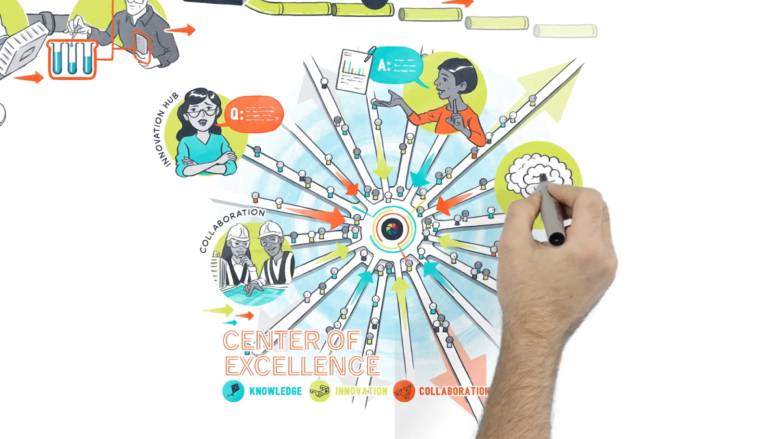The Sustainable Development Goal for water and sanitation strives to ensure universal access to safe water and sanitation services. However, approximately 2.4 billion people still lack improved sanitation, and nearly 700 million remain without access to clean drinking water. For those with access, challenges such as intermittent supply, sewer system overflows, and inadequate service persist. These issues are further compounded by political instability, climate change, water scarcity, and rapid urbanization, hindering the provision of sustainable services.
To address these challenges, the World Bank’s Utility of the Future Program (UoF) supports water and sanitation utilities in adopting innovative, strategic management approaches. By enhancing operational efficiency, resilience, and adaptability, the program enables utilities to deliver reliable, inclusive, and sustainable services, helping advance progress toward universal access.
Objectives of the Utility of the Future Program
- Ignite sustainable transformation: Facilitate the sustainable transformation of water and sanitation utilities.
- Guide utilities through the transformation: Lead utilities through a comprehensive and structured transformation process.
- Provide effective methodologies and learning opportunities: Offer practical, straightforward, and effective methodologies for implementation.
- Strengthen internal capabilities and utility staff engagement: Enhance the internal capabilities of utilities, including operations, management, and leadership, and secure the active participation and engagement of utility teams.
- Foster global networking and community building: Connect utilities with their peers globally to share best practices and insights.
Become a Utility of the Future
The UoF implementation methodology is structured as a comprehensive five-stage cycle with two main phases: : the UoF Standard and UoF Advanced. The UoF Standard phase focuses on establishing a solid foundation for transformation through initial analysis, action planning, and strategic vision development. The UoF Advanced phase builds on this foundation by implementing a comprehensive business and investment plan, followed by an intensive one-year deep-change program. This approach aims to address both immediate and long-term needs, ensuring utilities are well-equipped to meet evolving demands and achieve sustainable success.

UoF Standard
UoF Standard is designed to establish a robust framework for the transformation process, typically requiring four to five months to be implemented. The three stages of this phase are:
1. Ignition | 360-degree Analysis of Operations and Service Delivery and Identification of Opportunities for Improvement: In this stage the utility assesses its current state of operations and service delivery, identifies opportunities for enhancement, prioritizes potential short-term actions, and establishes some initial long-term strategic priorities to drive sustainable growth and organizational effectiveness.
2. Action | 100-day Action Plan: In this stage the utility initiates change by implementing high-impact, easy-to-execute short-term actions. This stage emphasizes staff involvement in kickstarting transformation through practical initiatives that pave the way for broader organizational improvements.
3. Vision | Strategic Architecture: In this stage the utility defines or updates its vision statement, mission statement, and strategic objectives to meet key long-term priorities identified in the previous stages. The strategic architecture serves as the baseline for developing a robust five-year business and investment plan.
UoF Advanced
The UoF Advanced phase is an optional extension and adaptation of the program that can be designed and implemented after a comprehensive internal analysis of available resources, organizational capacity, and medium-term and long-term priorities. The two stages of this phase are:
4. Plan | Business and Investment Plan: In stage the utility develops a clear and achievable five-year business and investment plan built on the UoF Standard. The plan should contain a background analysis, a SWOT analysis, a demographic analysis, strategic objectives, key performance indicators, a project charter for each initiative to achieve the utility’s strategic objectives, a financial forecast with tariff and sensibility analysis, and a tracking process.
5. Acceleration | Deep Change Program: In this stage the utility creates a one-year program to strengthen its internal capabilities and to implement customized actions to realize its transformation. The Deep Change Program reflects the context in which the utility operates and its available resources and external support. The program should include specific actions to optimize key processes, reduce costs, remove barriers for performance improvement, and invest in training and development of staff in all areas of the organization.
The UoF methodology incorporates a human-centered dimension called SPEED (Shake up, Pursue, Engage, Energize, Dynamize), which provides guidance on behavioral change, leadership, and teambuilding.


